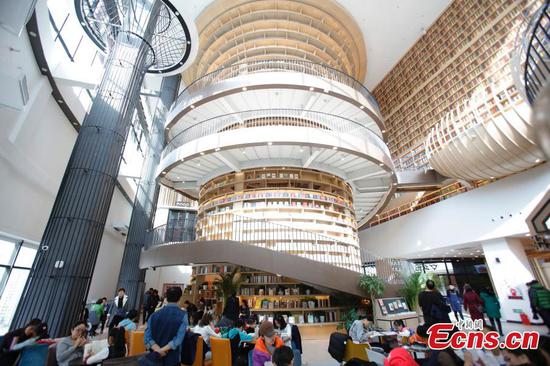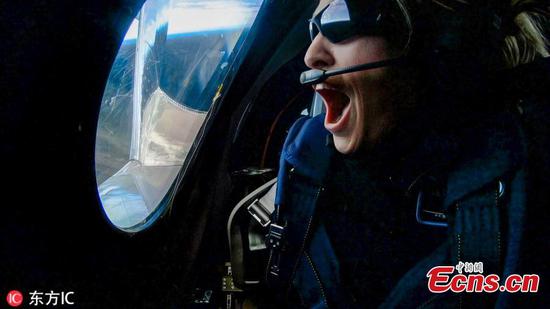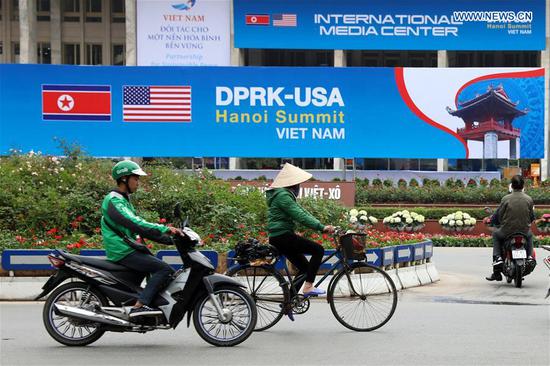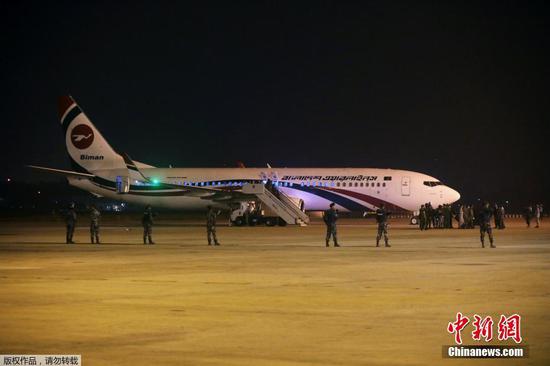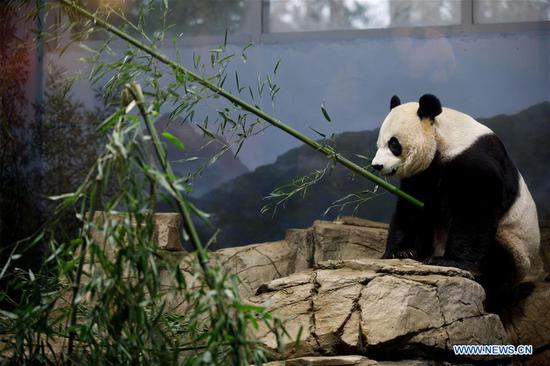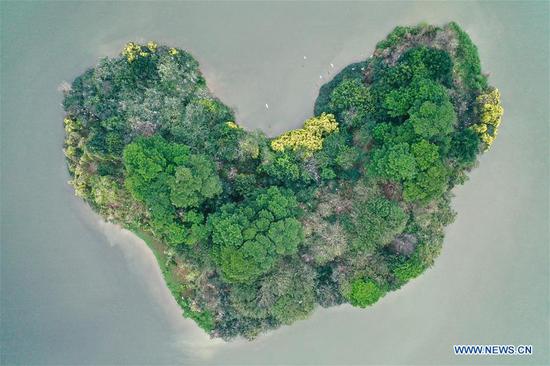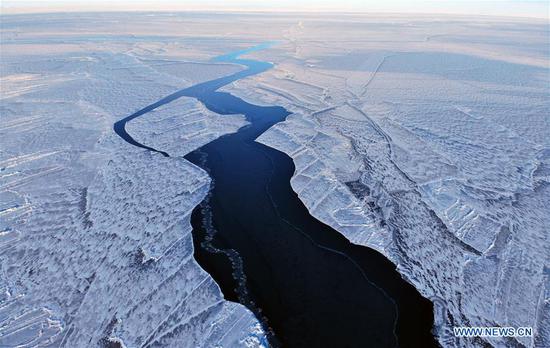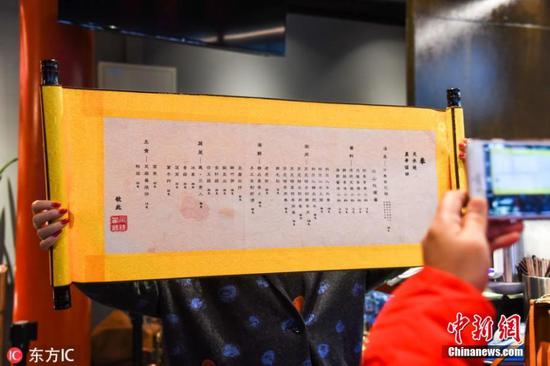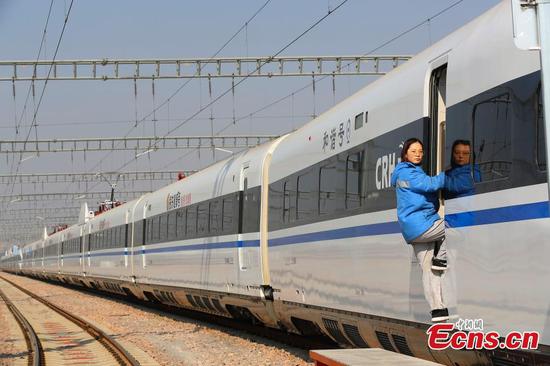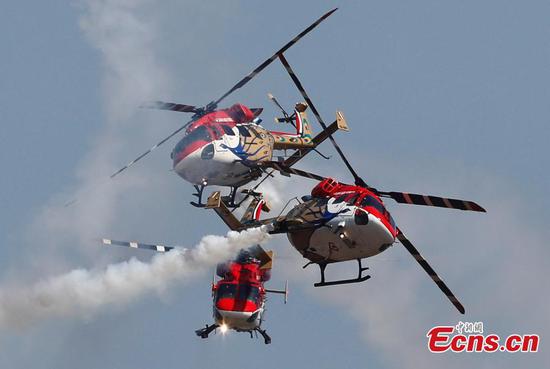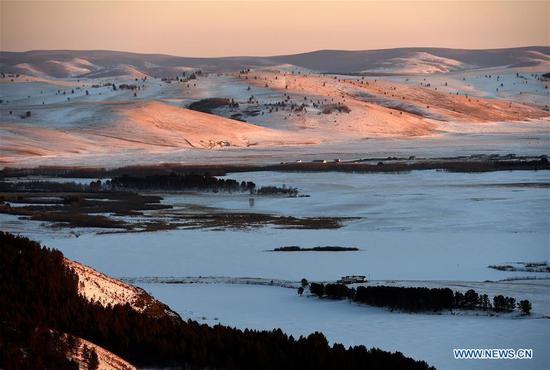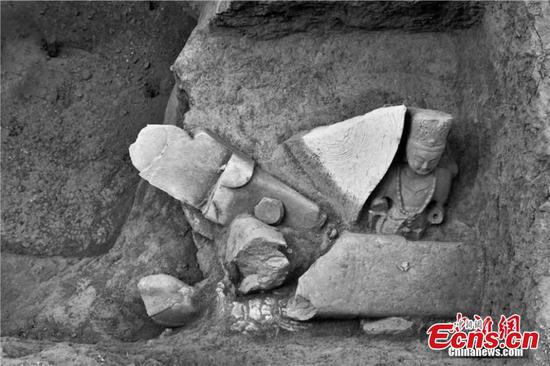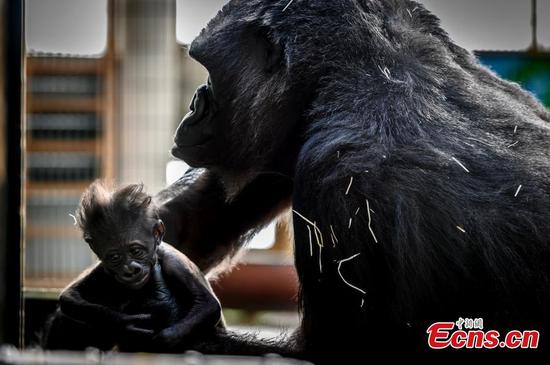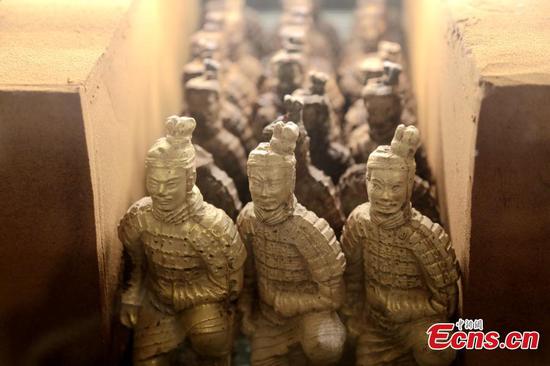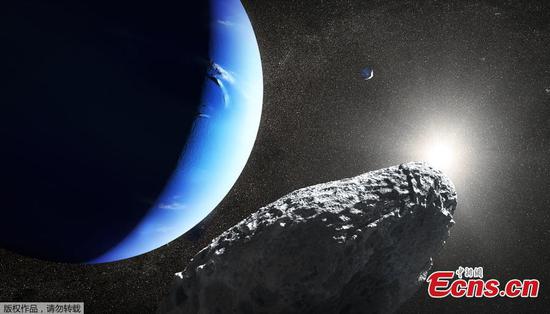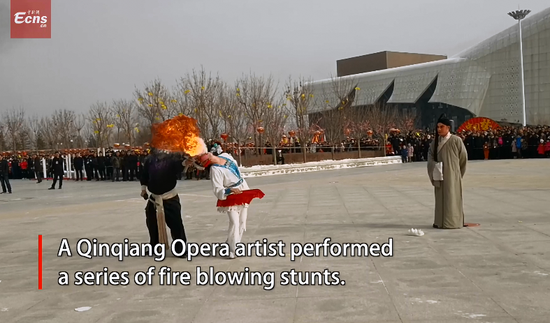At the beginning of 2019, China landed an unmanned probe, Chang'e-4, on the moon's oldest and deepest crater, the first soft landing on the "dark" side.
Since the moon blocks direct communications, China had first to put a satellite in orbit to relay signals. Until now, all manned and unmanned soft landings have taken place on the near side of the moon making the Chinese mission genuinely historic.
Yang Yuguang, the professor at the China Aerospace Science and Industry Corporation, explains the challenges that the landing has overcome. The landing mission on the far side was quite unlike those on the near side, as the terrain at the far side of the moon is entirely different compared to the near side. There are more highlands, craters, and mountains and the landform are much steeper. Therefore, the trajectory should be a steeper curve, and the landing procedure needs optimization.
In the United States, genuine congratulations came from the aerospace community as well. According to Stephen Clark the journalist for Spaceflight Now, this mission is a cool scientific and geopolitical breakthrough for China.
There hasn't been any mission of this kind in the United States and in the rest of the world. Many U.S. scientists also shared their desire to learn more about the southern pole in the far side of the moon, as one of the oldest ancient impact sites in the solar system, to gain insights into the history and the evolution of the planet.
Yang further introduces the advanced instruments with which the Chang'e 4 is equipped. A new low-frequency spectrometer will conduct a radio-astronomical study on the dark side. It is an ideal place to conduct the study as there is no radio disturbance from earth on the far side.
Also, the Chang'e project is cooperating with German scientists. The probe has a German neutron and symmetry measurement device that will tell us about the environmental parameters. The lunar penetrating radar and panoramic camera on Chang'e 4 can gather more images about the resources in the moon that will be useful for future exploitation and will be helpful in the search for an ideal place for a potential moon base.
China's Chang'e-4 is a joint mission with Sweden as well as Germany. Yang believes it is an inevitable trend for greater international cooperation among nations in deep space exploration. It is essential for space-capable nations such as the U.S., China, and European countries to have international payloads that will help to reduce costs as well as the thresholds to initiate projects.
The Heat with Anand Naidoo is a 30-minute political talk show on CGTN. It airs weekdays at 7:00 a.m. BJT and 7:00 p.m. Eastern in the United States.









